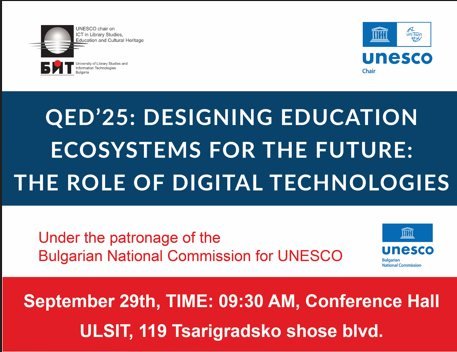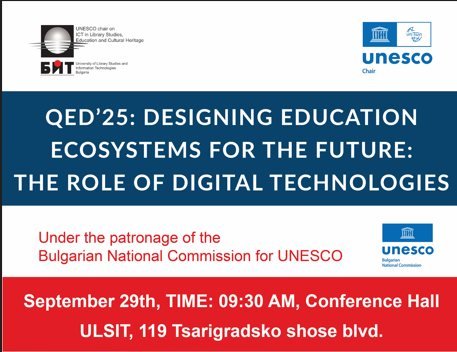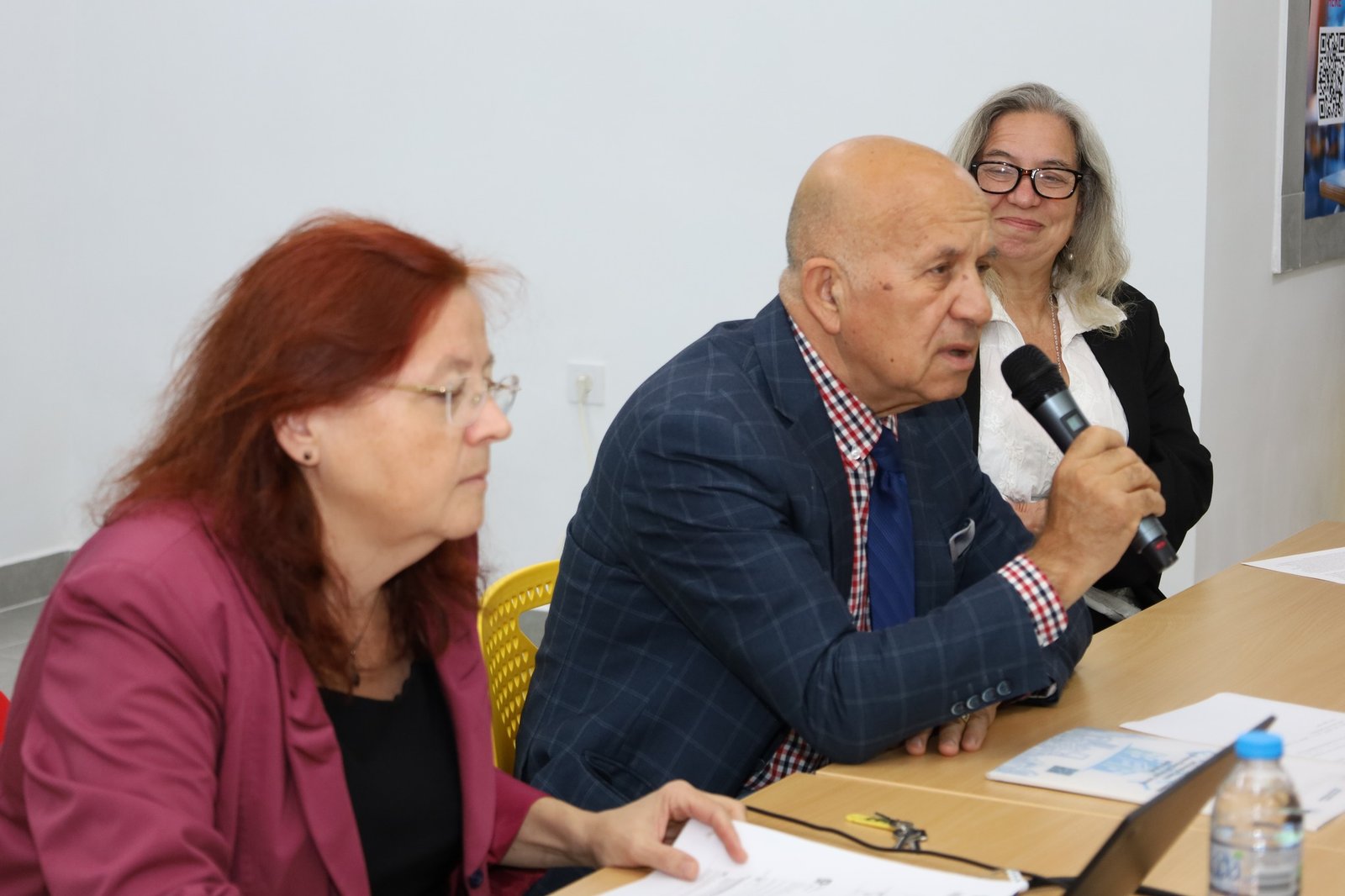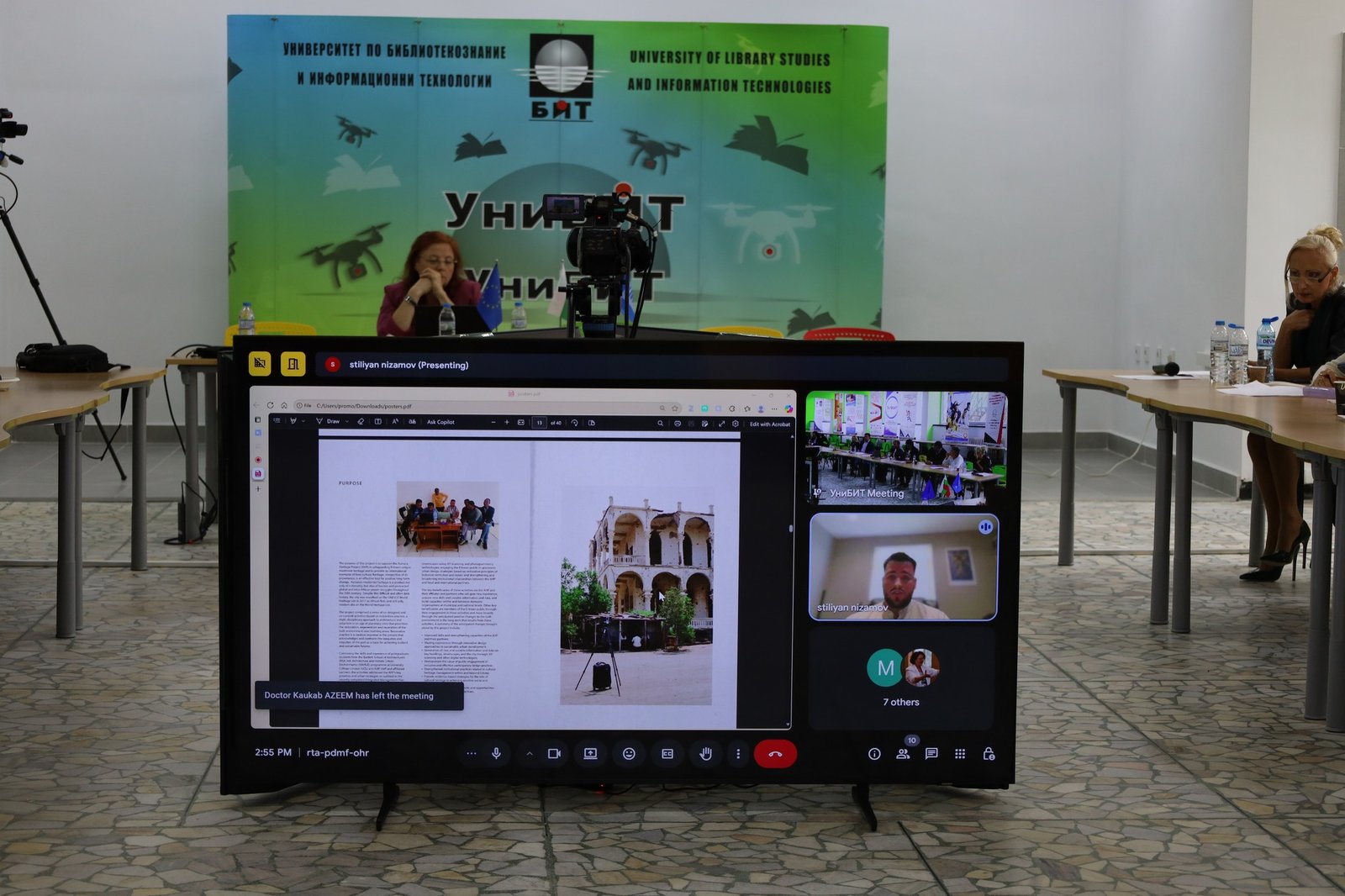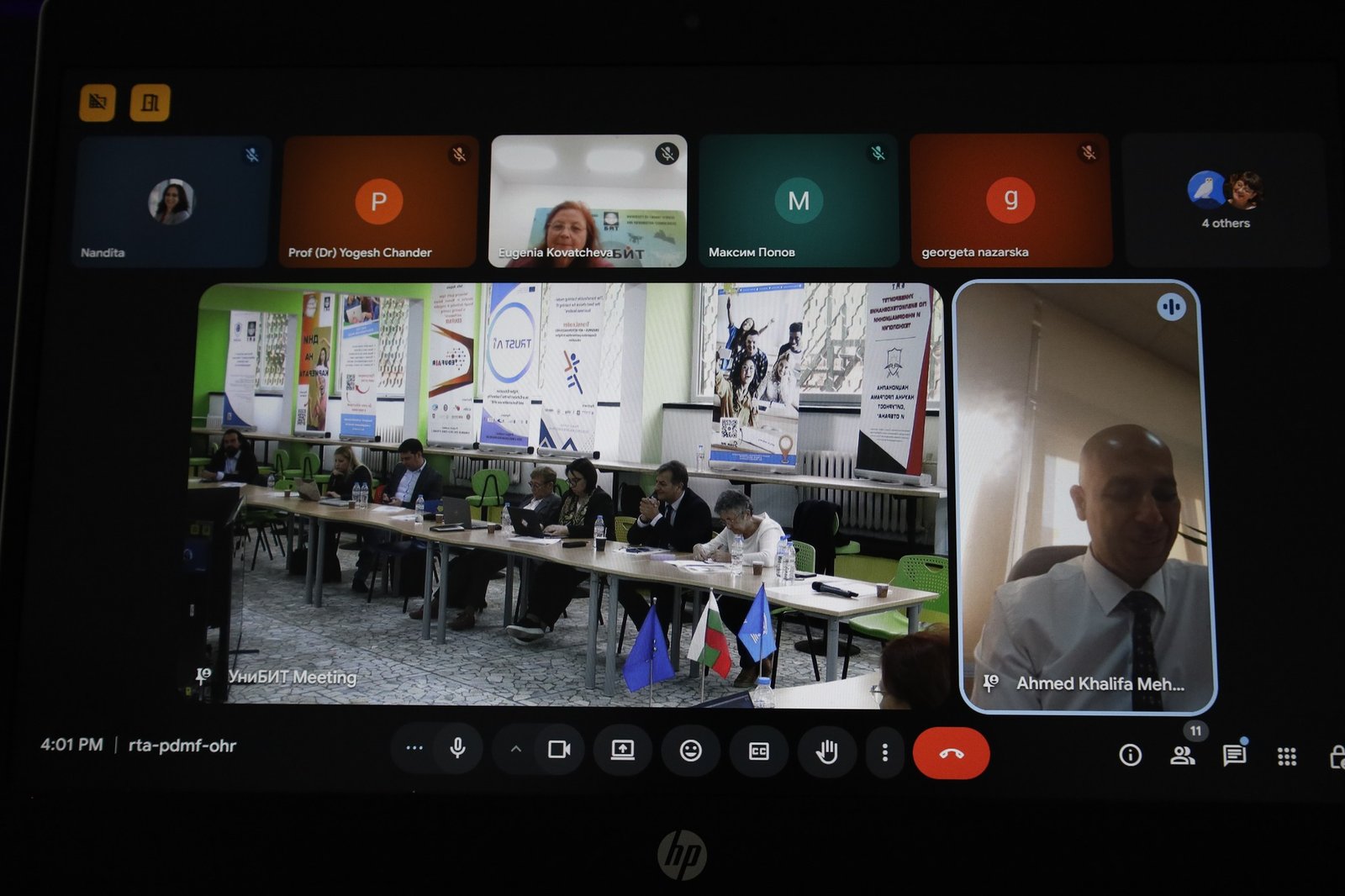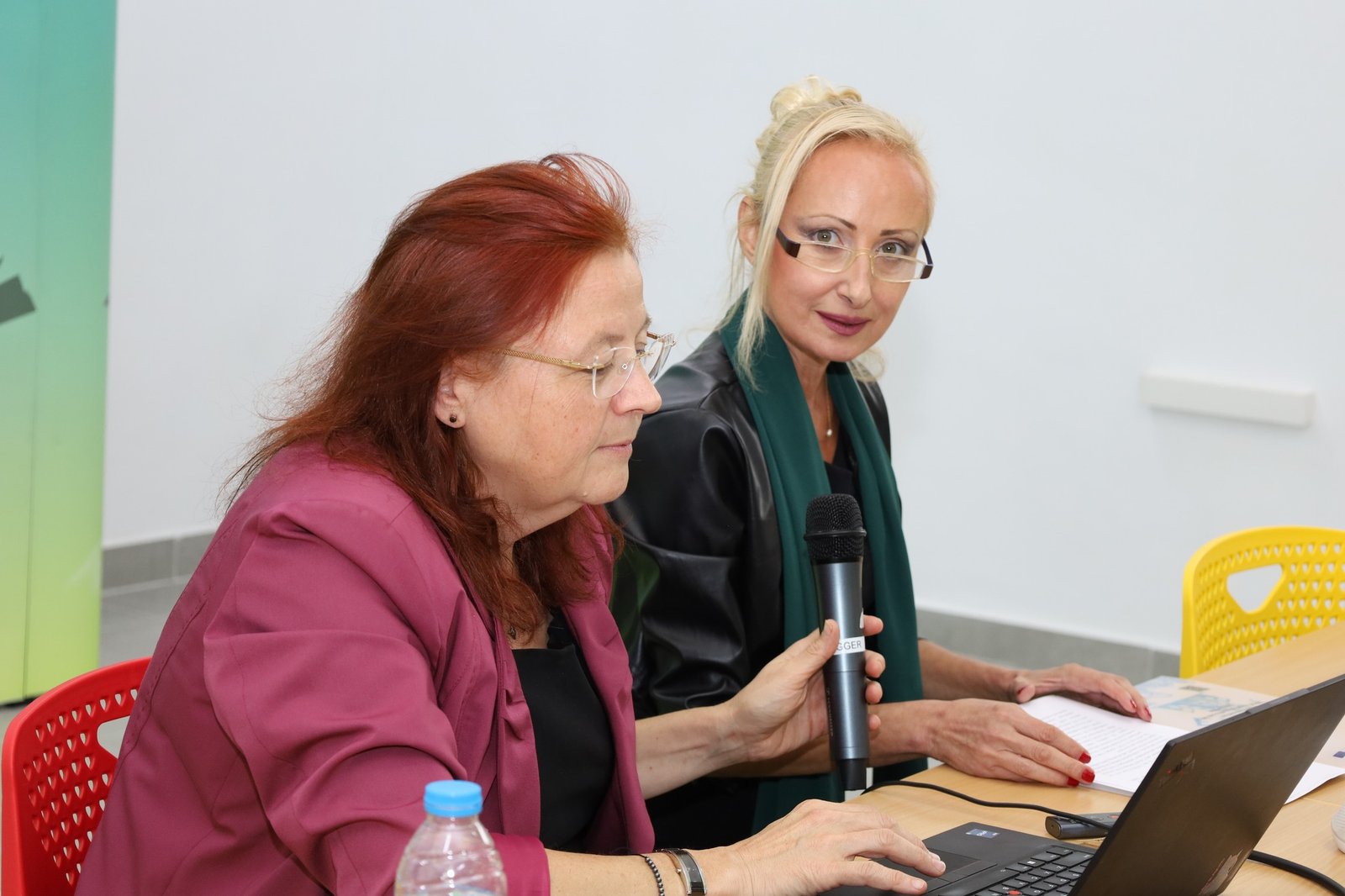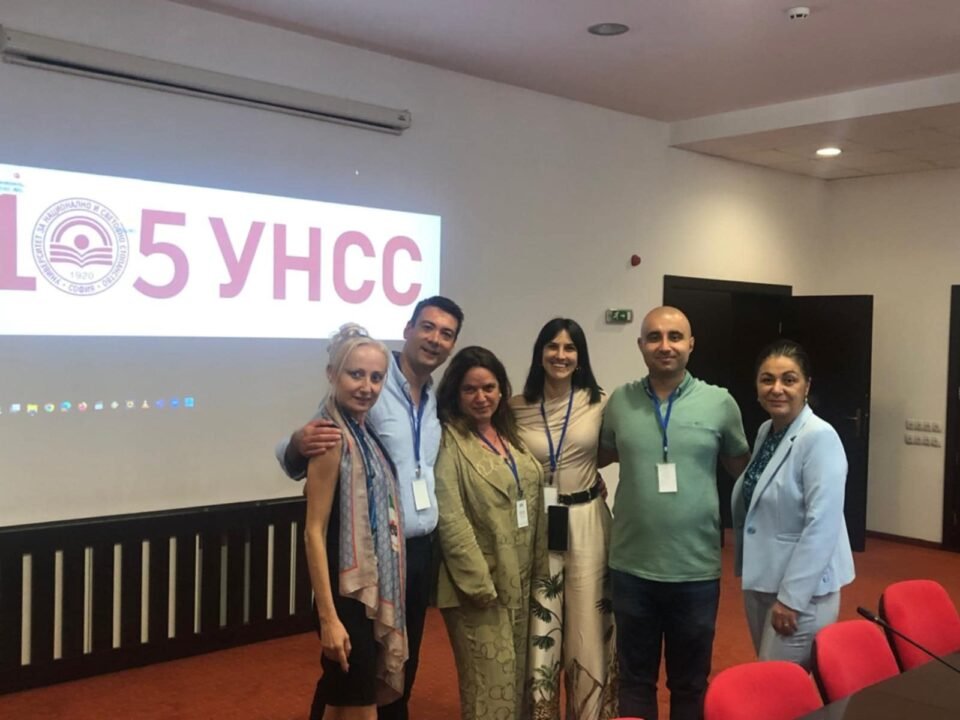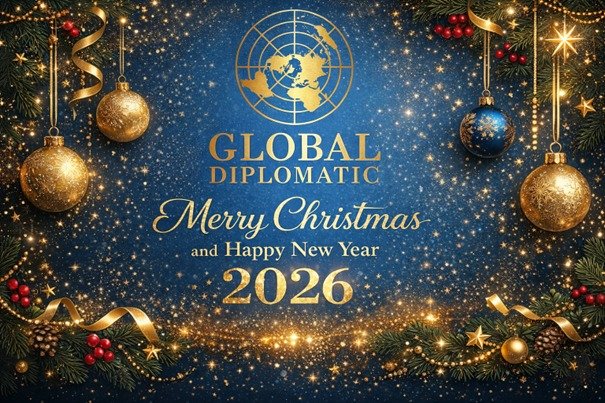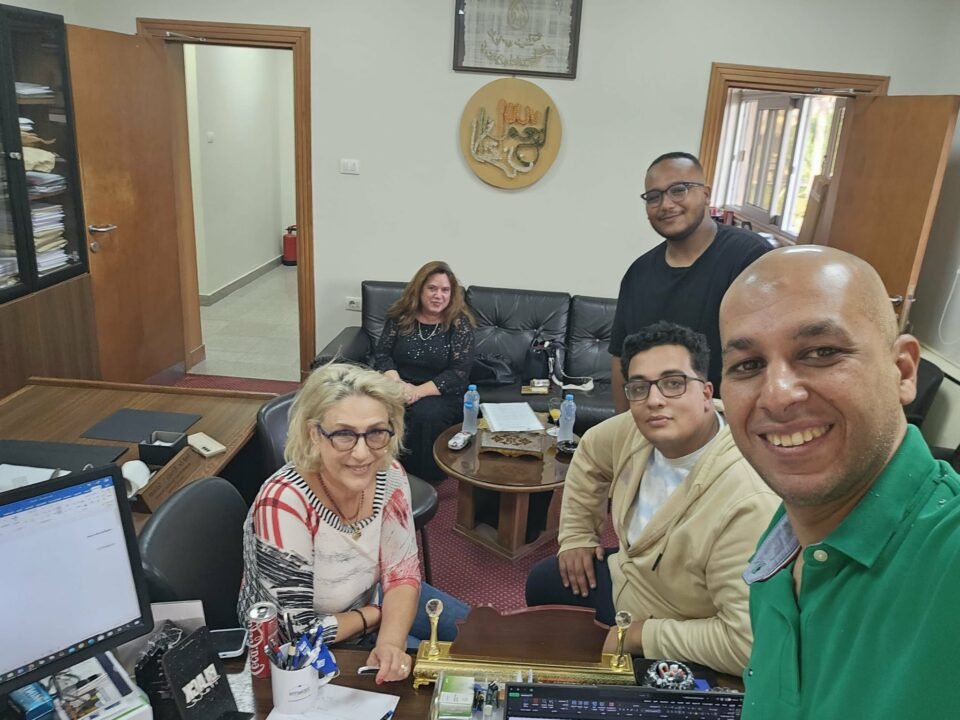Extending the Networking of Studies Dig in the Scope of the International Conference QED’25: Designing Education Ecosystems for the Future – The Role of Digital Technologies
On September 29, 2025, the University of Library Studies and Information Technologies (ULSIT) in Sofia, Bulgaria, hosted the international conference QED’25: Designing Education Ecosystems for the Future – The Role of Digital Technologies, organized under the patronage of the Bulgarian National Commission for UNESCO. The event was conducted in a hybrid format, combining on-site participation at ULSIT’s Conference Hall with virtual access via Google Meet, and was held in English.
The conference served as a continuation of the global forum EDUsummIT’25 (June 23–25, 2025, Dublin, Ireland), which united global leaders, experts, and scholars engaged in the intersection of education policy and digital transformation. Within this framework, QED’25 emphasized the integration of digital technologies into educational ecosystems and featured several significant project presentations and networking initiatives.
Among the official guests were Prof. Polya Katzamunska and Prof. Daniela Koch-Kozhuharova, who lent institutional support and academic expertise to the discussions, reinforcing the strategic importance of cross-border educational initiatives.
The session was marked by a greeting speech from Prof. David Feraz, who underscored the importance of international academic collaboration in the digital era.
Following this, Prof. Ahmed Khalifa Mehana delivered a detailed presentation of the Studies Dig project, outlining its objectives, research methodology, and expected impact on digital humanities and knowledge dissemination.
Contributing further to the dialogue on technology-enhanced education, Prof. Maria José Sousa presented current projects involving artificial intelligence and robotics in educational settings, highlighting innovative practices and research outcomes from Portugal.
Stilian Nizamov offered insights into the ongoing efforts for the digital preservation of cultural heritage in Eritrea, presenting a case study that integrates digital archiving techniques with cultural heritage management.
The central focus of the conference was the expansion of the international collaboration network surrounding the Studies Dig project. Dr. Zornitza Mladenova, D.Sc., presented an overview of the project and its strategic alignment with ULSIT’s ongoing efforts in digital education, cultural heritage, and library science. The presentation emphasized joint activities and synergies with UNESCO Chairs and academic stakeholders.
The event was further distinguished by the presence of esteemed guests of honor from India, Israel, Portugal, the United Kingdom, and Egypt, whose participation contributed to the rich intercultural and interdisciplinary exchange at QED’25.
The participation of international scholars and project leaders not only highlighted the global relevance of the Studies Dig initiative but also significantly contributed to expanding ULSIT’s research and educational partnerships within the broader context of UNESCO’s academic and cultural agenda.

